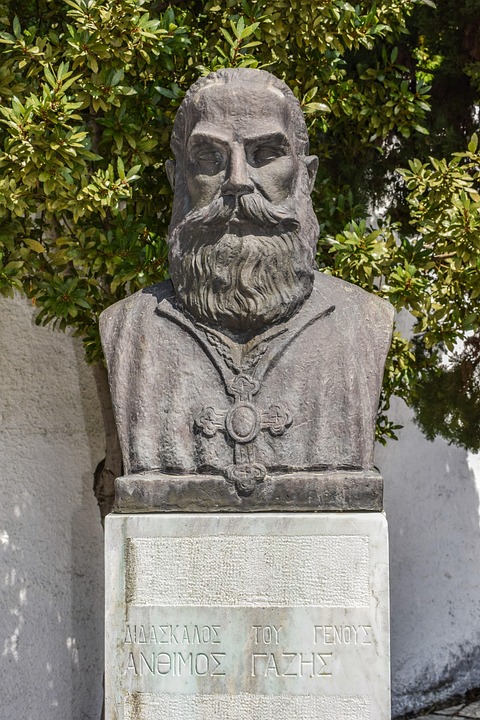Essential Cartographer Resume Template: Crafting Your Path to Success in Geospatial Careers
In the ever-evolving landscape of geospatial careers, a well-crafted resume serves as your personal ambassador, showcasing your skills, experiences, and unique talents. Just as a cartographer maps the intricate details of our world, so too must you chart your professional journey with precision and flair. The key lies in an essential cartographer resume template that not only highlights your qualifications but also reflects the dynamic nature of the field.
Understanding the Landscape
When venturing into the realm of cartography, one must appreciate the diverse skill set required. Whether you’re adept at GIS (Geographic Information Systems), remote sensing, or cartographic design, your resume should encapsulate these competencies effectively. Consider the following essential components:
-
Contact Information: At the top of your resume, ensure your name stands out, followed by a professional email address and a phone number. In a digital age, including a LinkedIn profile can also provide further insight into your professional persona.
-
Professional Summary: This brief yet impactful section should encapsulate your experience and aspirations. Tailor it to reflect your specific interests in cartography, whether it be environmental mapping, urban planning, or data visualisation.
-
Skills Section: Highlight both technical and soft skills. Proficiency in software like ArcGIS or QGIS is vital, but don’t overlook the importance of analytical thinking, problem-solving, and effective communication.
Mapping Your Experience
Your work experience is the heart of your resume, where you can illustrate your journey in the geospatial domain. Here are a few pointers to keep in mind:
-
Job Titles and Responsibilities: Clearly delineate your roles in previous positions. Use active verbs to convey your contributions, such as "developed," "analysed," or "designed."
-
Achievements: Numbers speak volumes. Quantify your successes where possible. For example, "Improved data processing efficiency by 30% through the implementation of new GIS techniques" stands out more than mere responsibilities.
-
Projects: If applicable, summarise specific projects that showcase your skills. Perhaps you led a community mapping initiative or contributed to a national survey—these experiences can set you apart from the crowd.
Educational Background
Education is the bedrock of your expertise. In this section, prioritise your degree(s) relevant to cartography or geospatial sciences. Consider including:
- Degree Title and Institution: Clearly state your qualifications, including honours or distinctions.
- Relevant Courses: If you’ve taken specific courses that align with your career goals, list them to show a focused education.
Navigating the Future
As you prepare your resume, remember that the world of cartography is not static. Your resume should reflect not only your past but also your aspirations. Consider including a section on professional development—perhaps workshops, conferences, or certifications that illustrate your commitment to growth in the field.
In the competitive arena of geospatial careers, a polished resume can open doors. By utilising an essential cartographer resume template, you’re not merely listing qualifications; you’re crafting a narrative that speaks to your professional journey.
As you embark on this endeavour, CVPortal continues to provide high-quality resume references, ensuring you have the tools needed to succeed in your cartographic career. Your path to success is waiting to be mapped—make it a masterpiece.


